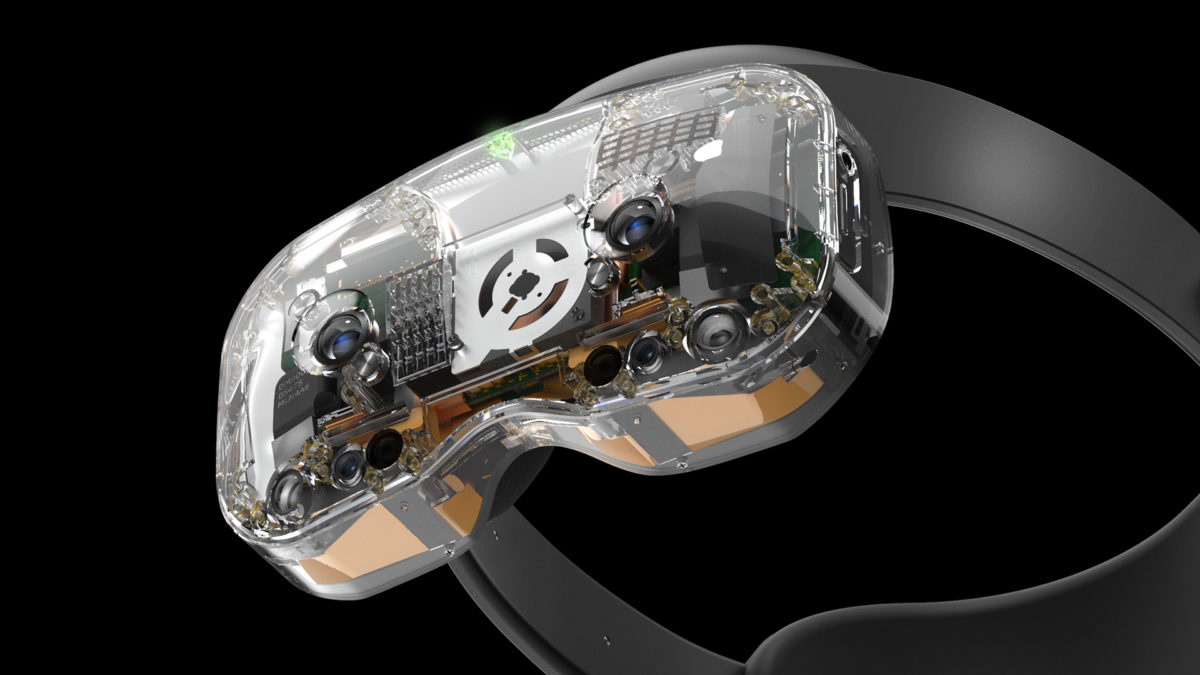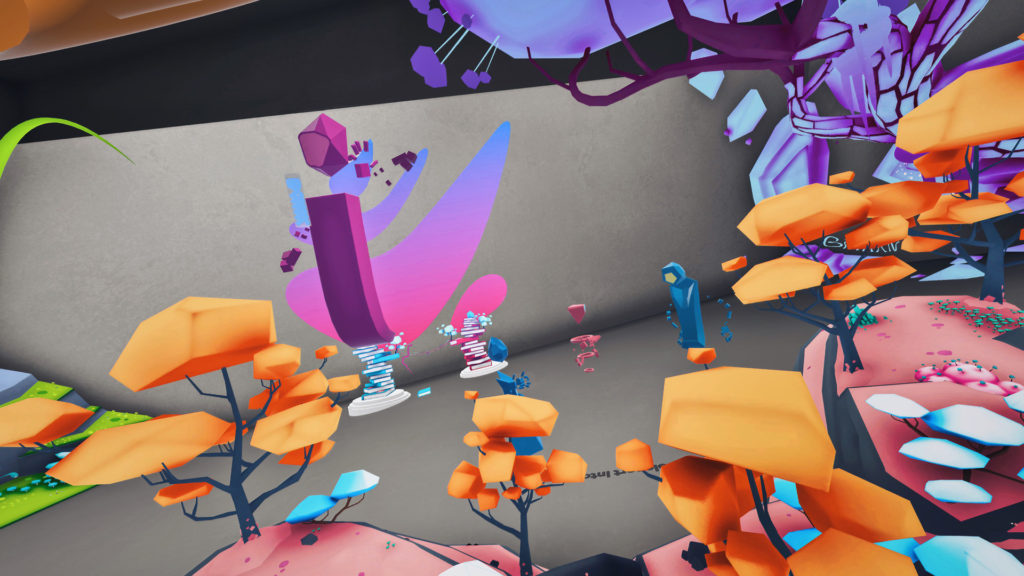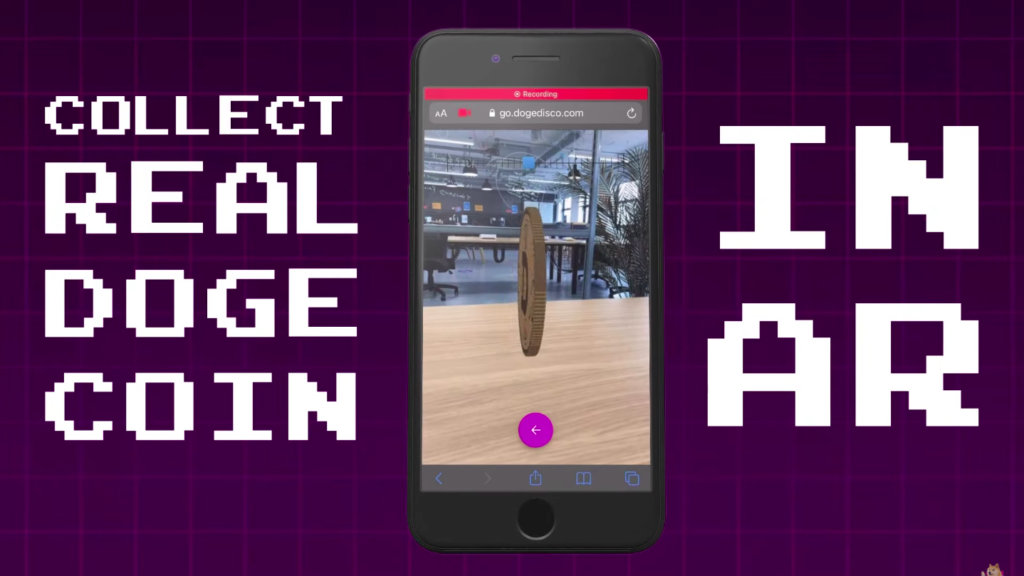‘XR Casino’ Brings Cross-Platform Gambling To VR & AR
Bet on games of Blackjack and Roulette in this blockchain-powered virtual casino coming soon to major VR & AR devices.
XR Casino, Inc (“The Company”) has announced an official release date for its cross-platform gambling experience which allows users on VR and AR devices to bet real money on games like blackjack, roulette, and slots from the comfort of their own holographic casinos.



